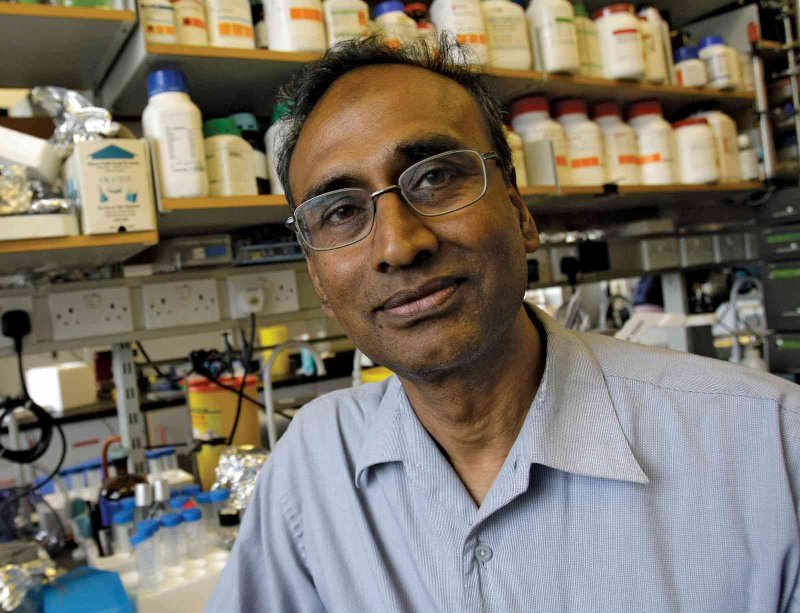The GLP aggregated and excerpted this blog/article to reflect the diversity of news, opinion and analysis.
[Editor’s note: Venkatraman Ramakrishnan, winner of the Nobel Prize for investigating the structure of the ribosome, is an Indian-born physicist, who is actually a biologist with British and American nationalities. He is the newly appointed president of the Royal Society. Here he is interviewed about GMOs for a Spanish newspaper, El Pais. Translation by Google translate with minor editing for clarity]
Q. In the U.S. you eat GM food?
A. Yes. I am very happy eating transgenic maize. For someone like me, who grew up in India, these resistances are seen as a thing of people who have never known hunger. They tell the poor countries stay hungry. Such objections are a luxury, made by those who know they have plenty of food in Europe and do not care. But often genetically modified foods can make a difference: adapted to drought or more nutrients in a crop such as Golden Rice, in which precursors of vitamin A are introduced and can help prevent childhood blindness. We are only beginning to understand the benefits of genetically modified foods. And of course, as with every new technology, we need to be sure that we establish appropriate safety standards. With each new technology we need to balance security and benefits.
You say that these objections are typical of affluent societies, like the anti-vaccine movement?
A. Yes… Many people are against the monopoly of the multinationals. It seems a perfectly valid objection. Why should a single company control a number of crops? But my opinion is that genetic modification is a technology, not a monopoly of a company. Governments can invest in GM foods and make them accessible.
Read full, original post: “The resistance to GM comes from people who have not known hunger”































